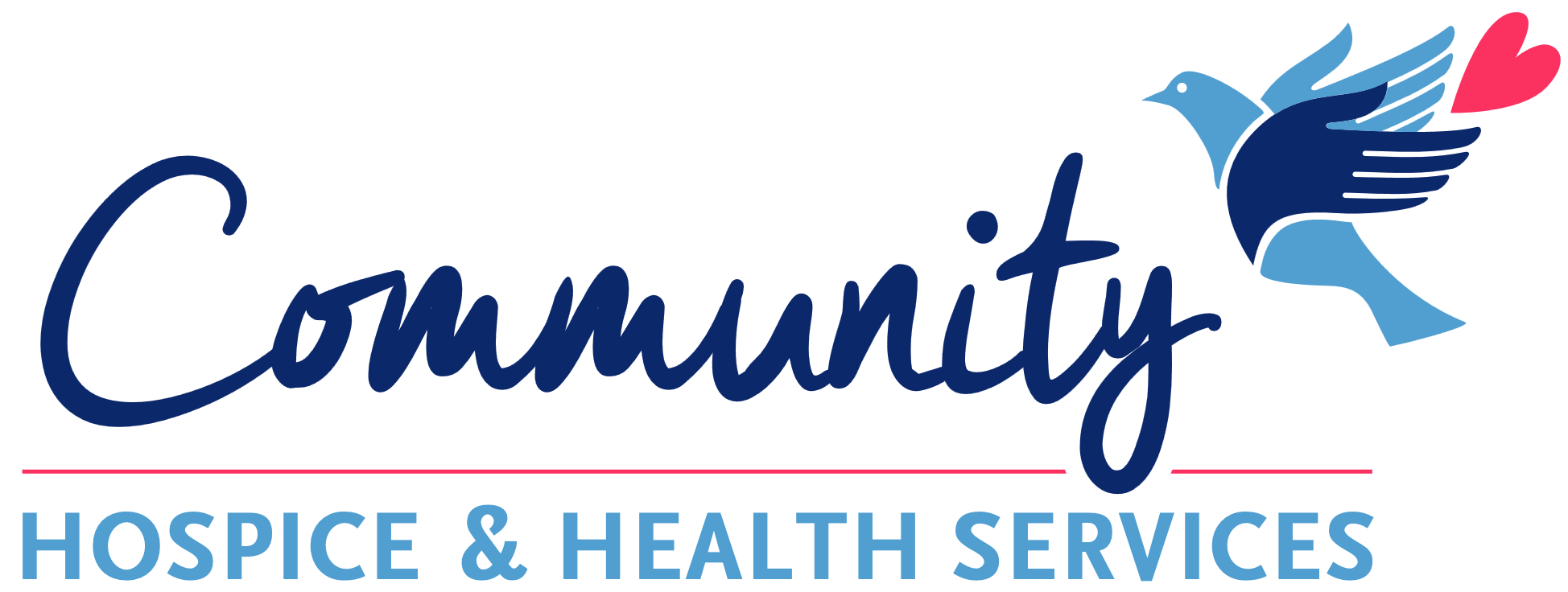
Resources
Community Hospice & Health Services is here for you, and those you care about, when needed most. As a Provider of Excellence in quality care, education and support, Community Hospice & Health Services is committed to providing resources to embrace individuals and families facing life-changing journeys, enhancing quality of life for all.
